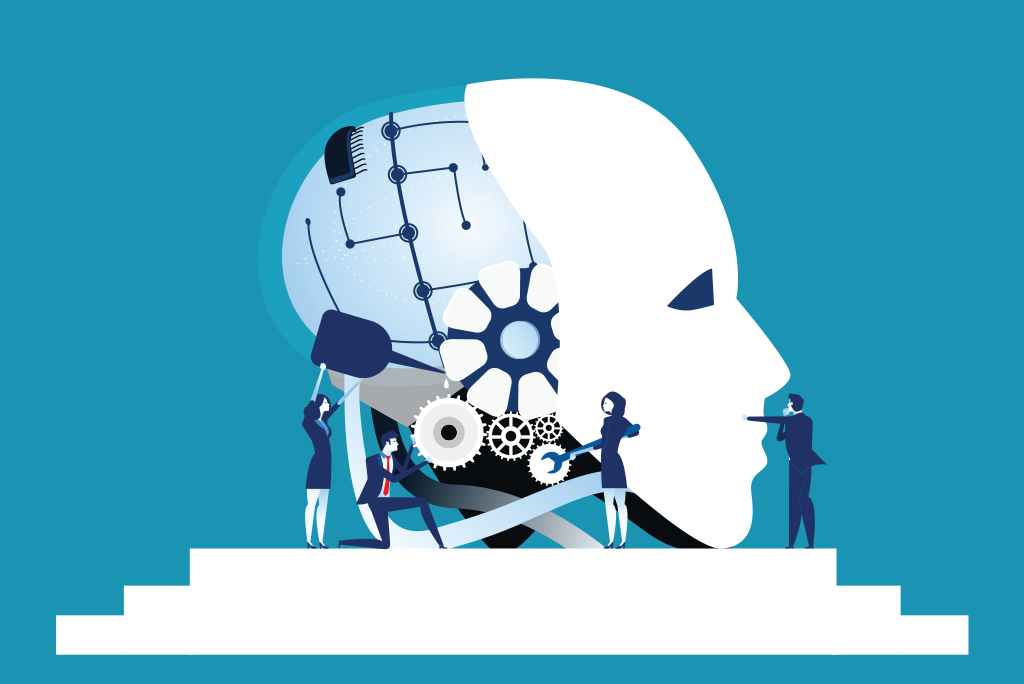AI Ethics
"“Artificial intelligence and generative AI may be the most important technology of any lifetime.”"
Why is AI Ethics Important?
1. Preventing Bias and Discrimination
AI systems, particularly those using machine learning, are trained on large datasets. If these datasets contain biased information, the AI can inherit and even amplify those biases. This can lead to discrimination in critical areas such as hiring, lending, law enforcement, and healthcare. Ensuring fairness in AI is essential to preventing social inequalities.
2. Protecting Privacy
AI often relies on vast amounts of personal data to function effectively. Without proper safeguards, sensitive data can be misused or leaked, leading to privacy violations. Ethical AI practices ensure that data is handled responsibly and with user consent, adhering to privacy regulations like GDPR.
3. Ensuring Transparency and Accountability
AI algorithms can be complex and difficult to understand, often referred to as "black boxes." When decisions affecting people's lives are made by AI, it’s crucial that those decisions are transparent and explainable. Companies must be accountable for the impact of AI systems and should provide clear reasoning for AI-driven outcomes.
4. Preventing Harm
In fields like healthcare and autonomous vehicles, AI has the potential to cause significant harm if not properly designed and tested. Ethical AI practices ensure that safety is a priority and that AI systems are rigorously tested before deployment to avoid unintended consequences.
Challenges in AI Ethics:-

1. Lack of Standardized Regulations
Currently, there are no universal laws or regulations governing AI ethics, which makes it challenging to enforce ethical practices across the globe. Various governments and organizations are working on AI ethics guidelines, but more work is needed to create a cohesive framework.
2. Balancing Innovation with Ethics
AI is developing at a rapid pace, and sometimes ethical considerations can slow down innovation. Finding a balance between technological advancement and ethical responsibility is a challenge that both companies and policymakers face.
3. Responsibility of Developers
Who should be held accountable when AI systems fail or cause harm? The responsibility can be difficult to assign, especially when AI systems involve multiple stakeholders, including developers, companies, and users.
